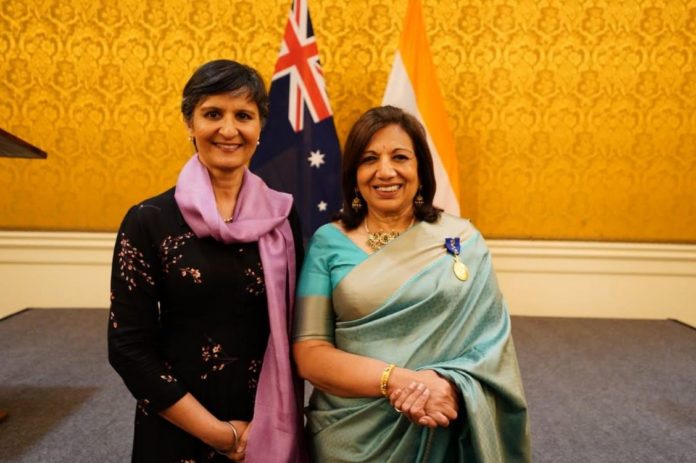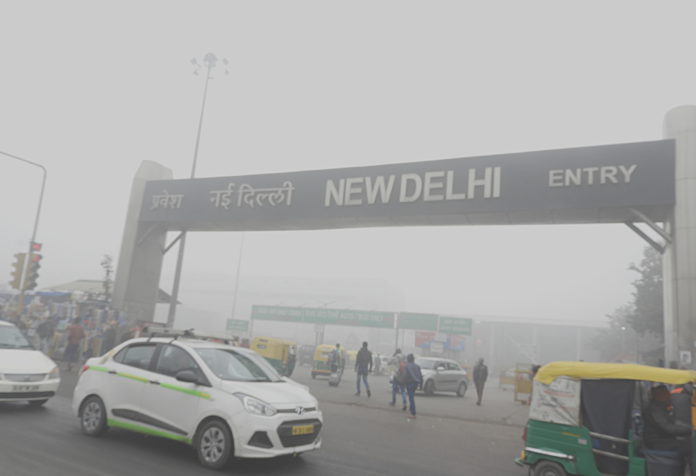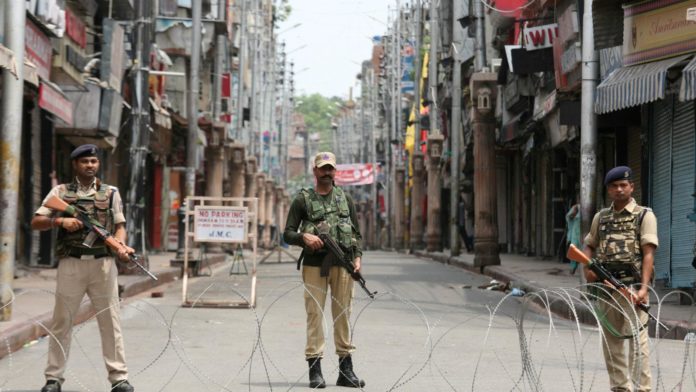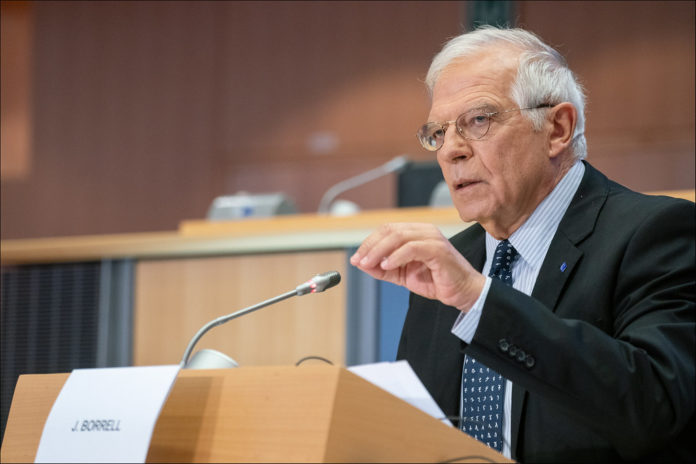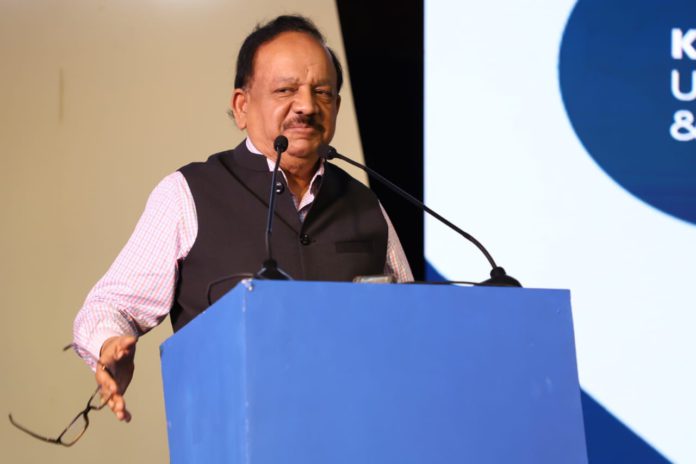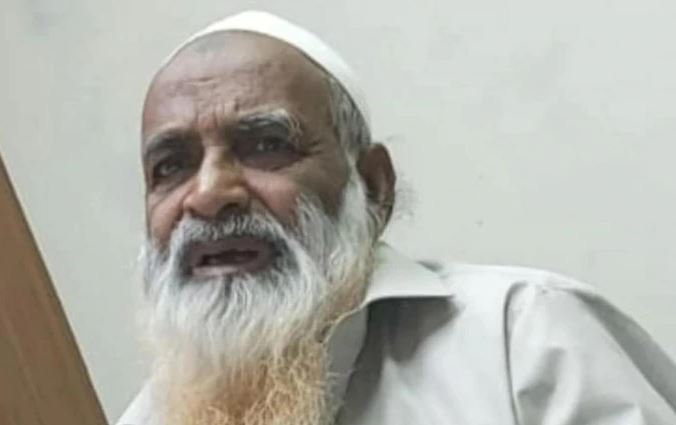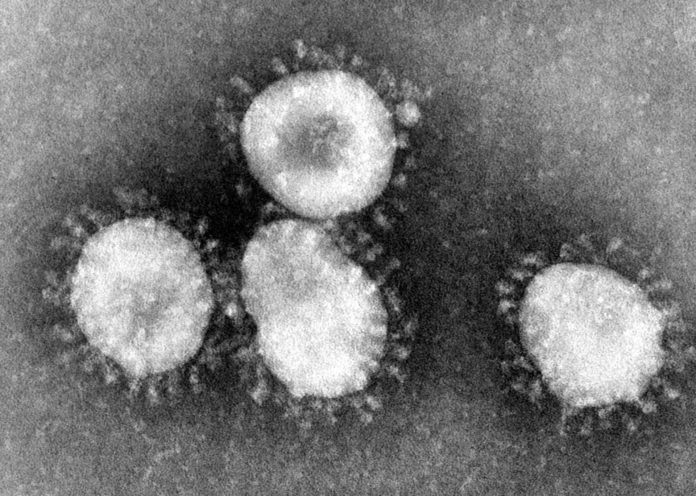New Delhi (NVI): Biocon company founder Kiran Mazumdar-Shaw has been conferred with Australia’s highest civilian honour Order of Australia (AM) in the General Division.
Shaw was invested as an Honorary Member within the Order of Australia (AM) in the General Division by Australia’s High Commissioner to India Harinder Sidhu at a ceremony in Bengaluru.
“The Australian government has chosen to bestow this honour on Kiran Mazumdar-Shaw for her immense contribution in advancing Australia’s bilateral relationship with India,” Sidhu said.
“Mazumdar-Shaw is a tireless champion of the commercial, educational, and people-to-people links between the two countries and this award recognises her commitment to progressing the Australia-India partnership,” the High Commissioner added.
Kiran Mazumdar-Shaw is the founder of Biocon – one of India’s largest bio-pharmaceutical companies. She contributes immensely to promoting women in STEM through the joint research programs developed between Biocon and Deakin University, Australia, as part of her deep and long-standing commitment to gender equality.
Shaw is also recognised for her sustained and significant contribution to industry academia collaboration between Australia and India.
Honorary appointments in the Order of Australia are made to foreign nationals who have made an outstanding contribution to Australia or humanitarian contribution at large.
Mazumdar-Shaw is the fourth Indian citizen to be awarded with this honour. This follows the conferment of batsman Sachin Tendulkar in 2012, Former Attorney General of India, Soli Jehangir Sorabjee in 2006 and Mother Teresa of Kolkata (Agnes Gonxha Bojaxhiu) in 1982.
The ceremony was attended by representatives from Indian and Australian businesses, the diplomatic corps, and family, friends and peers of Mazumdar-Shaw.

